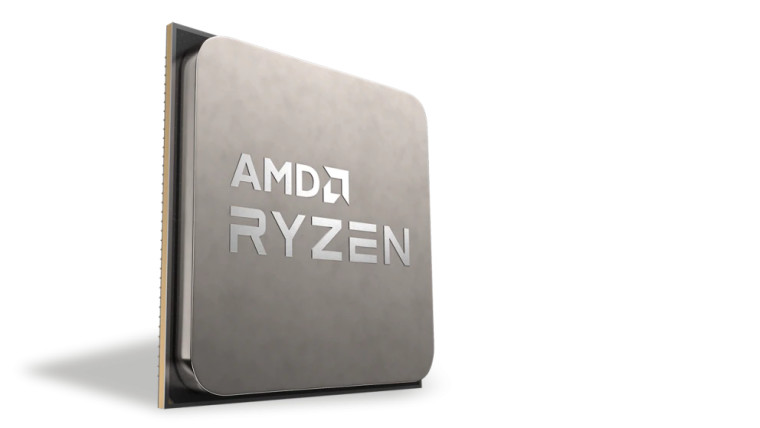
AMD's Zen processors have always exhibited some form of latency-related issues due to the way the CPUs are designed. The CCX (CPU Complex) or CCD (Core Compute Die) typically lead to higher communication latencies between them as a result of AMD's Infinity Fabric interconnect. This is also the reason why the company typically recommends higher speed and lower latency memories with Zen processors so as to get the best system performance possible.
However, as AnandTech found out during its review of the Ryzen 9950X, the new Zen 5 parts are seeing very high latencies, double that of Zen 4 (Ryzen 7000 series), especially the inter-CCD latencies. AnandTech noted:
Compared to the Ryzen 9 7950X, we are seeing a slight increase in latencies within a single CCX. The SMT "advantage", where two logical cores sharing a single physical core have a lower latency, appears to be gone. Instead, latencies are consistently around 20ns from any logical core to any other logical core within a single CCX. That average is slightly up from 18ns on the 7950X, though it's not clear what the chief contributing factor is.
More significantly – and worryingly so – are the inter-CCD latencies. That is, the latency to go from a core on one CCD to a core on the other CCD. AMD's multi-CCD Ryzen designs have always taken a penalty here, as communicating between different CCDs means taking a long trek through AMD's Infinity Fabric to the IOD and back out to the other CCD. But the inter-CCD latencies are much higher here than we were expecting.
For reference, on the Ryzen 9 7950X, going to another CCD is around 76ns. But in Ryzen 9 9950X, we're seeing an average latency of 180ns, over twice the cost of the previous generation of Ryzen.
However, this latency problem appears to have been fixed with a new AGESA (AMD Generic Encapsulated Software Architecture) firmware update. Members of the Overclock.net and AnandTech forums tested the core-to-core latency of the Ryzen 9000 series CPUs using CapFrameX's MircroBenchX tool.
With the new AGESA 1.2.0.2 BIOS, the Ryzen 9950X showed a latency of around ~75 ns whereas with a previous firmware version, AGESA 1.2.0.1A, the number is around ~180 ns, indicating an approximate 58% reduction, which is statistically very significant. (This AGESA version is different from the one that increased the TDP.)
As for real-world improvements, a user claimed they found that their Cinebench R23 score went up slightly.
Y-cruncher developer added to the discussion that AMD was apparently aware of these performance regressions and it was a consequence of a conscious effort from AMD. However, the change is being reverted:
.. One of the lead architects told me that the latency regression was because they changed a bunch of tuning parameters for Zen5. It helped whatever workloads they were testing against, which is why they did it. But now that the reviews are out, they realized that the change looked really bad for synthetics. So they were going to roll it back.
In case you have not been following, AMD's Ryzen 9000 series processors did not impress reviewers all that much. And there have been some legit performance-related bugs in the chip and Windows 11 itself may have to share some of that blame too.



















5 Comments - Add comment